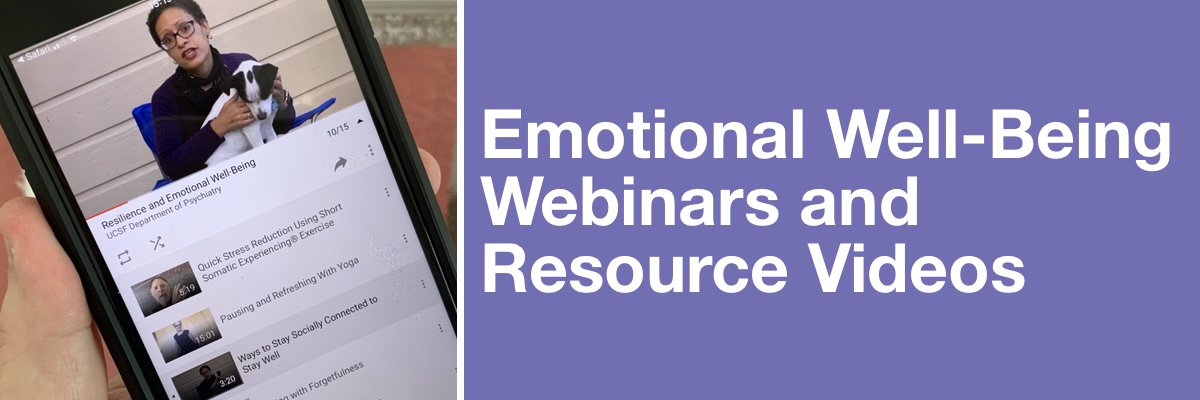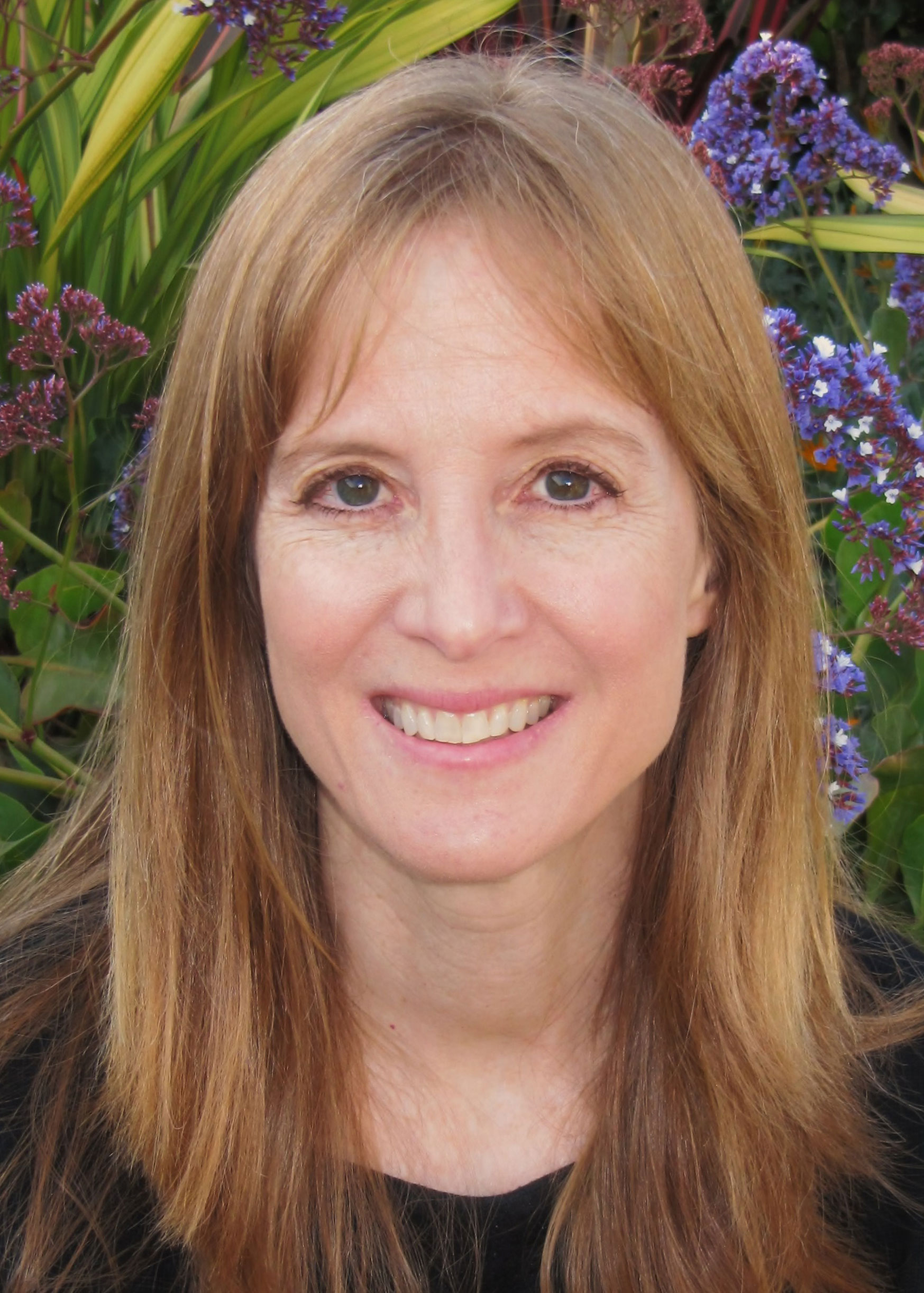 |
Linda Pfiffner, PhDLinda Pfiffner, PhD, is a professor in residence in the UCSF Department of Psychiatry and Behavioral Sciences and a licensed clinical psychologist. She is the director of the Hyperactivity, Attention, and Learning Problems (HALP) Program, director of the Clinical Psychology Training Program, and co-director of the NIMH-funded T32 Clinical Services Research Training Program for postdoctoral fellows at UCSF. She received her BA from UCLA and her PhD from the State University of New York at Stony Brook. Her program of research centers on psychosocial school-home treatments for school-aged children with ADHD and on family and social factors in developmental models of ADHD and related problems. Over the past 25+ years, she has received multiple research grants from the National Institute of Mental Health and the Institute of Education/U.S. Department of Education. She has over 230 scientific publications and abstracts and published a second edition to her handbook for teachers, “All About ADHD: The Complete Practical Guide for Classroom Teachers” (Scholastic, 2011). She developed an integrated multicomponent psychosocial intervention for the inattentive presentation of ADHD (Child Life and Attention Skills, CLAS), which was awarded Innovative Program of the Year in 2004 by Children and Adults with Attention-Deficit/Hyperactivity Disorder (CHADD), and adapted this treatment model for all ADHD presentations and for delivery in school settings by school-based mental health providers (Collaborative Life Skills Program, CLS). Her most recent research has focused on increasing treatment access, sustainability and dissemination through efforts to develop a scalable web-based remote training program for school clinicians in evidence- based practices, and dHealth interventions including developing a dHealth tool to augment behavioral parenting skills treatments for parents of youth with ADHD. She is currently collaborating on the signature R01 of a NIMH-funded ALACRITY Center, “Center for Team Effectiveness to Accelerate EBP Implementation in Children’s Mental Health Services,” evaluating team-based implementation strategies to optimize implementation and effectiveness of the CLS Program across multiple public school districts. She has served on multiple editorial boards of leading psychology journals and multiple NIH and IES grant review panels. She was inducted into the CHADD Hall of Fame in 2012 and is a past president of the International Society for Research in Child and Adolescent Psychopathology (2017-2019). |
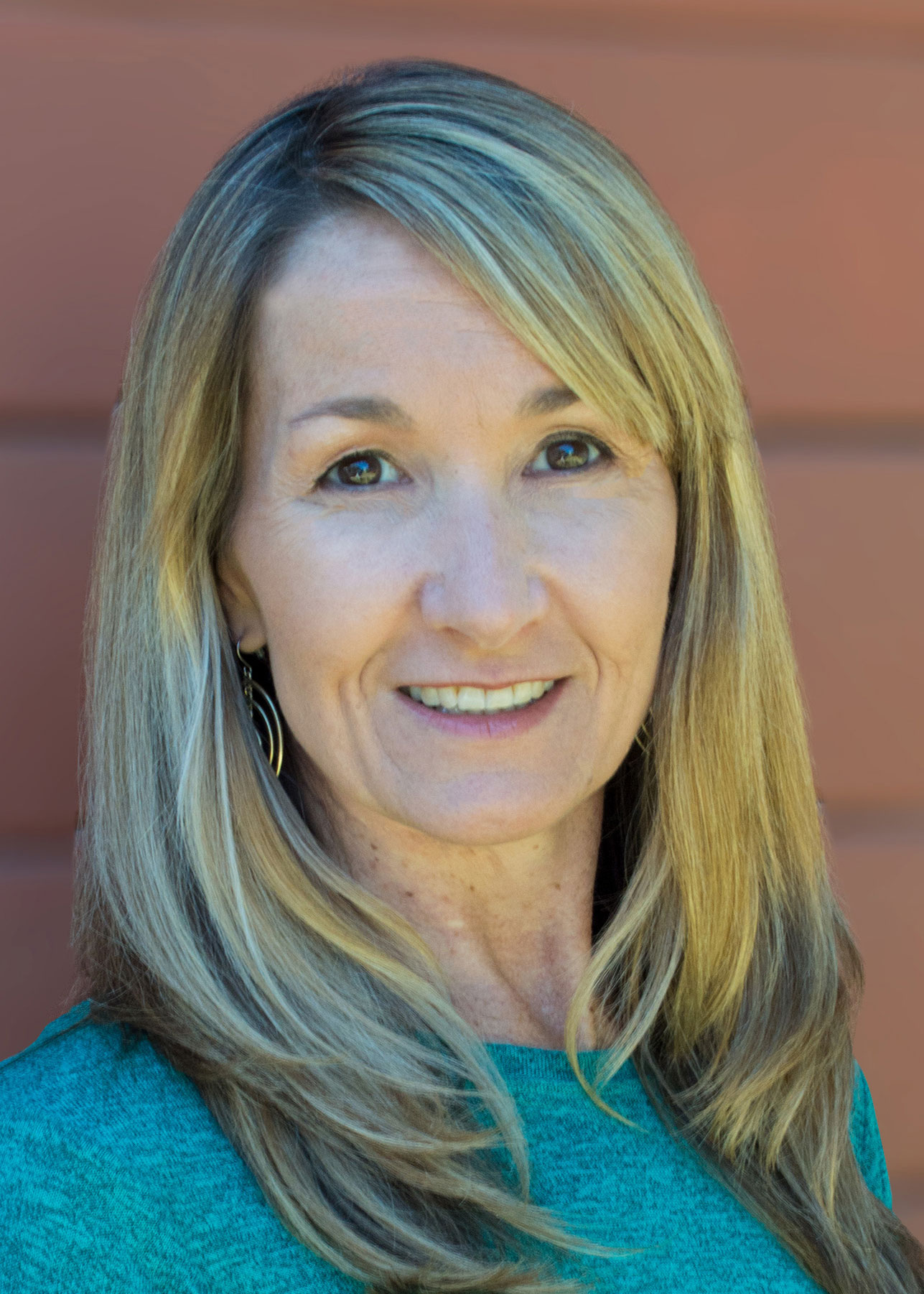 |
Christine Zalecki, PhDDr. Christine Zalecki is a clinical professor in the Department of Psychiatry and Behavioral Sciences and director of clinical services in the HALP Clinic at UCSF. She is a licensed clinical psychologist who specializes in diagnostic assessment of ADHD and learning disorders, and psychosocial treatment of children and adolescents with ADHD and behavior disorders. In the HALP Clinic, Dr. Zalecki conducts diagnostic evaluations, leads parent management training groups and child skills groups, and also provides individual and family therapy services and school consultation. Dr. Zalecki also is a clinical professor and supervisor in the UCSF-UC Berkeley Schwab Dyslexia and Cognitive Diversity Center at UC Berkeley. Dr. Zalecki received her BA in psychology from UC Berkeley and her PhD in clinical science from UC Berkeley. She subsequently completed her predoctoral internship and post-doctoral fellowship at UCSF in the Department of Psychiatry. She has been the director of two NIMH-funded studies of ADHD: the Adult Follow-up Study of Girls with ADHD at UC Berkeley, and the Child Life and Attention Skills Program at UC Berkeley and UCSF. She has published research articles and book chapters in the area of ADHD, has presented her research at national conferences, and regularly is invited to speak at Bay Area schools, mental health professional meetings, and CHADD parent meetings on topics related to ADHD assessment and intervention. |
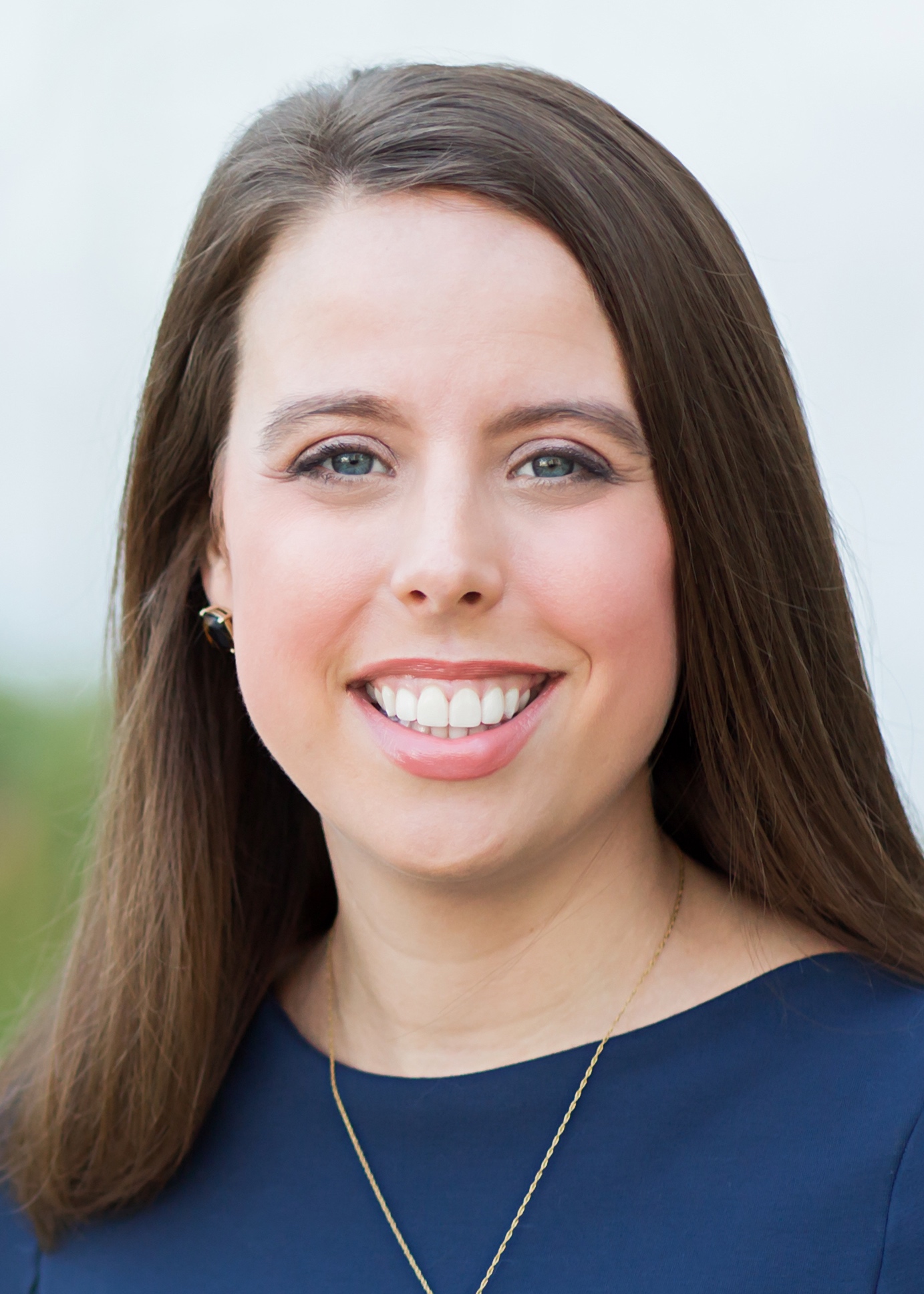 |
Lauren Haack, PhDLauren M. Haack, PhD, is an associate professor and licensed clinical psychologist with interests focused on 1) cultural influences to mental health conceptualization, assessment, and treatment, 2) accessible and culturally attuned evidence-based services for traditionally underserved youth and families worldwide, and 3) behavioral health provider experience, training, and consultation. Dr. Haack is involved in several current clinical research efforts, including projects funded by the National Institute of Mental Health (NIMH) and the Hellman Fellows family foundation focused on digital solutions to improving family access to and engagement in psychosocial treatment for ADHD. When not conducting clinical research and teaching, Dr. Haack provides instruction and consultation/supervision on various UCSF Department of Psychiatry and Behavioral Science (DPBS) teams, including the Multicultural Psychology Training Program, the Child and Adolescent Psychiatry Fellowship Program, the Juvenile Justice Behavioral Health team, and the Child and Adolescent Psychiatry Portal. She is a member of the UCSF DPBS Diversity Committee. After receiving her PhD at Marquette University and completing a predoctoral internship at UCSF specializing in evidence-based psychosocial services for youth with ADHD, Dr. Haack received a Ruth L. Kirschstein National Research Service Award for Individual Postdoctoral Fellows with a project entitled “Culturally Sensitive School-Home Behavioral Program for Latino Children with ADHD” funded by the NIMH. This mixed-method investigation of the Collaborative Life Skills (CLS) program inspired her subsequent National Institute of Health Fogarty Global Health fellowship pilot-testing an adapted version of CLS (CLS-FUERTE) in Mexico. This project represented the first known effort to implement and evaluate a behavioral school-based program to improve youth attention and behavior in Latin America. Dr. Haack has received numerous awards, including the Hellman Family Award for Early-Career Faculty, the Distinguished Early Career Alumni Award from the Clemson University Psychology Department, the R.E. Harris Award for Excellence in Clinical and Research Activities from the UCSF Clinical Psychology Training Program, the Reverend John P. Raynor S.J. Fellowship and Leslie G. and Cecile C. Matthews Scholarship from Marquette University. Her work adapting, implementing, and evaluating school-home ADHD behavioral services for Latinx youth of Spanish-speaking families was recognized with an International Society for Research on Child and Adolescent Psychology Scholarship and a World ADHD Congress Young Scientist Award in 2017. |
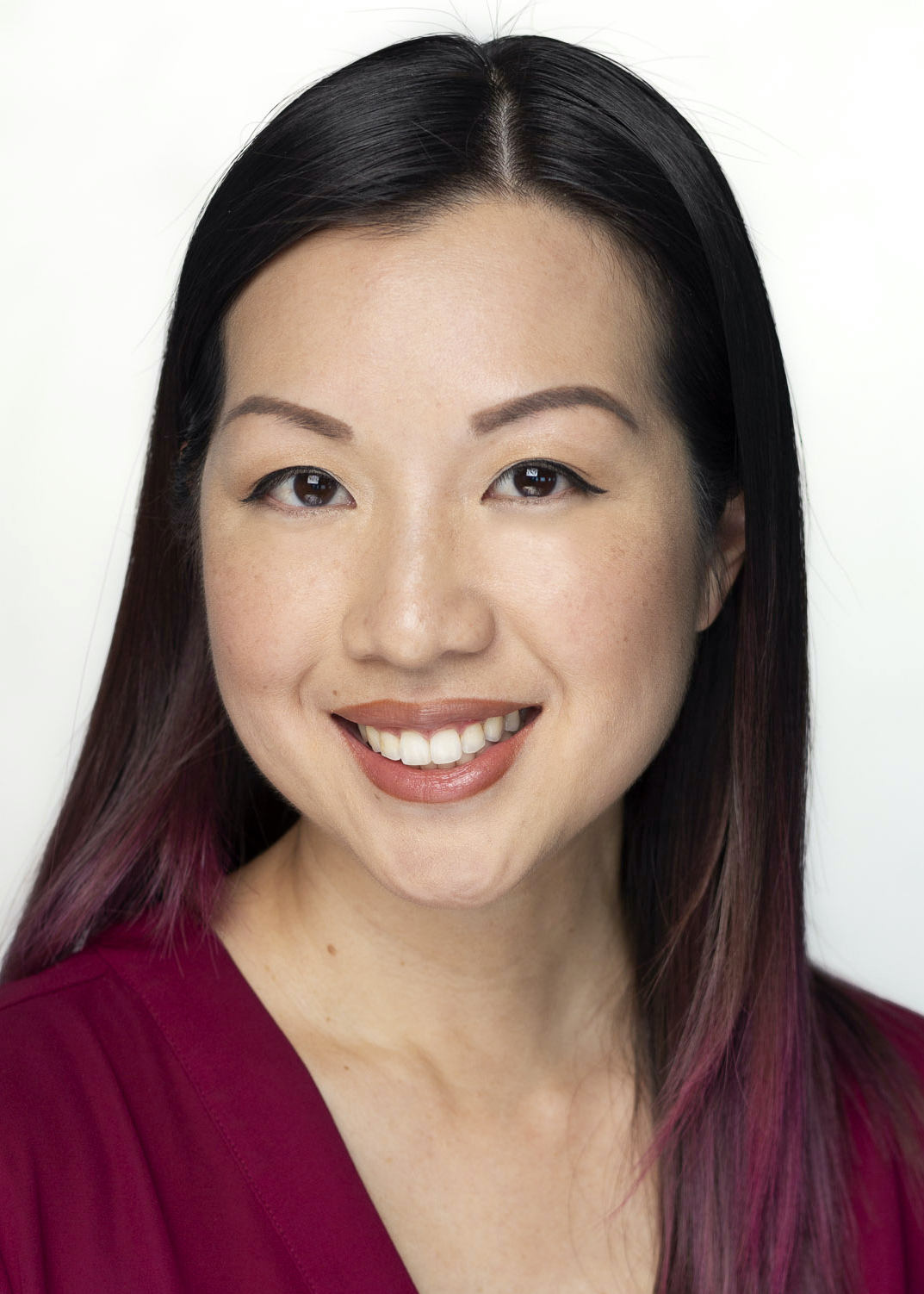 |
Jennifer Ly, PhDJennifer Ly is an assistant clinical professor in the Department of Psychiatry and Behavioral Sciences and an attending psychologist in the HALP Clinic. She completed her undergraduate training at UCLA and received her doctorate in clinical science from UC Berkeley. She has extensive training and experience in screening, evaluating, and treating children and adolescents with developmental delays and behavioral or emotional difficulties. Prior to joining UCSF, Dr. Ly specialized in the treatment of young children with complex trauma. She has trained at San Francisco General Hospital, UCLA Medical Center, and UCLA TIES for Families. Dr. Ly’s research and clinical interests are in the development and dissemination of evidence-based and culturally-sensitive treatments for youth who are at high risk for negative developmental outcomes due to factors such as prenatal substance exposure, disrupted attachment relationships, impoverished environments, and developmental disabilities. In the HALP Clinic, Dr. Ly has a variety of clinical, teaching, and supervision responsibilities. |
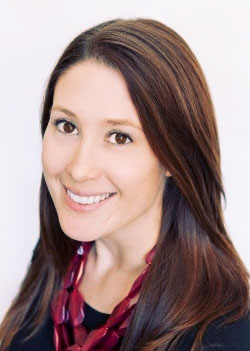 |
Ann Parsons, MS, LMFTAnn Parsons is a Licensed Marriage and Family Therapist with an extensive background working with children, adolescents and their families. After completing her undergraduate degree at UC San Diego, she received her masters of science in counseling from San Francisco State University. During the course of her program, Ms. Parsons focused on attachment theory and the role of neuroscience in relationship and social development. In addition to a certificate in early childhood education and development, Ms. Parsons is also trained in parent-child interaction therapy (PCIT) through the Children’s Hospital at UC Davis. Ms. Parsons trained in community mental health for several years at the Family Service Agency of Marin where she focused on supporting families through pregnancy and early parenting. She gained expertise in family systems, while working with families with children and teens of all ages, at Networks Family Counseling Center in San Francisco. Ms. Parsons has over a decade of private practice experience serving individuals, couples, and families in San Francisco and Marin County, in addition to performing duties of clinical supervision to MFT interns. Ms. Parsons often combines skills-based cognitive behavioral therapy (CBT) with mindfulness-based education. Prior to being at UCSF, Ms. Parsons worked at the NW Anxiety Institute in Portland, Oregon, where she specialized in individual, parent, and family therapy treating anxiety and mood disorders through CBT and exposure and response prevention (ERP). |
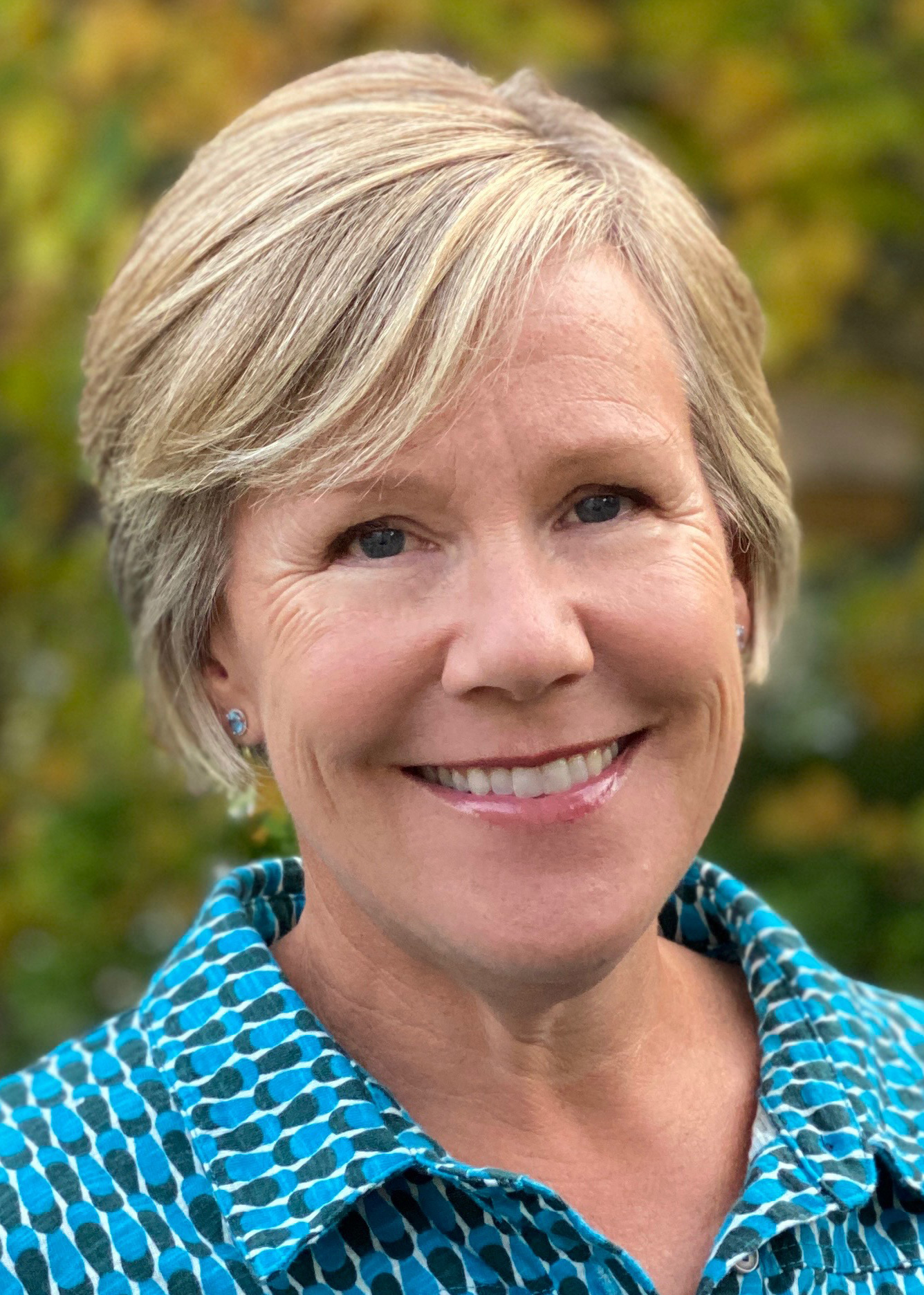 |
Elizabeth Owens, PhDElizabeth Owens is a health sciences clinical professor and licensed psychologist in the Hyperactivity, Attention, and Learning Problems (HALP) Clinic in the Department of Psychiatry and Behavioral Sciences. She received her BA in Human Biology from Stanford University (1988) and her MS (1995) and PhD (1998) in clinical and developmental psychology from the University of Pittsburgh. She completed her internship in clinical psychology at the Neuropsychiatric Institute at UCLA (now called the Semel Institute), and her postdoctoral fellowship at the Institute of Human Development at UC Berkeley, where she then worked as a research psychologist until 2017. Her research interests center on the developmental progression of and psychosocial treatments for attention-deficit/hyperactivity disorder in children and adolescents, and she has authored over 50 peer-reviewed articles and book chapters on ADHD, parenting, and developmental precursors of antisocial behavior. Dr. Owens’s clinical expertise involves family- and school-focused behavioral treatments for children with ADHD. Specifically, she conducts diagnostic evaluations, leads parent management training groups and child skills groups, and meets individually with parents to help them learn to manage their child’s ADHD. Dr. Owens also supervises doctoral students at the UCSF/UC Berkeley Schwab Center for Cognitive Diversity and Dyslexia. |
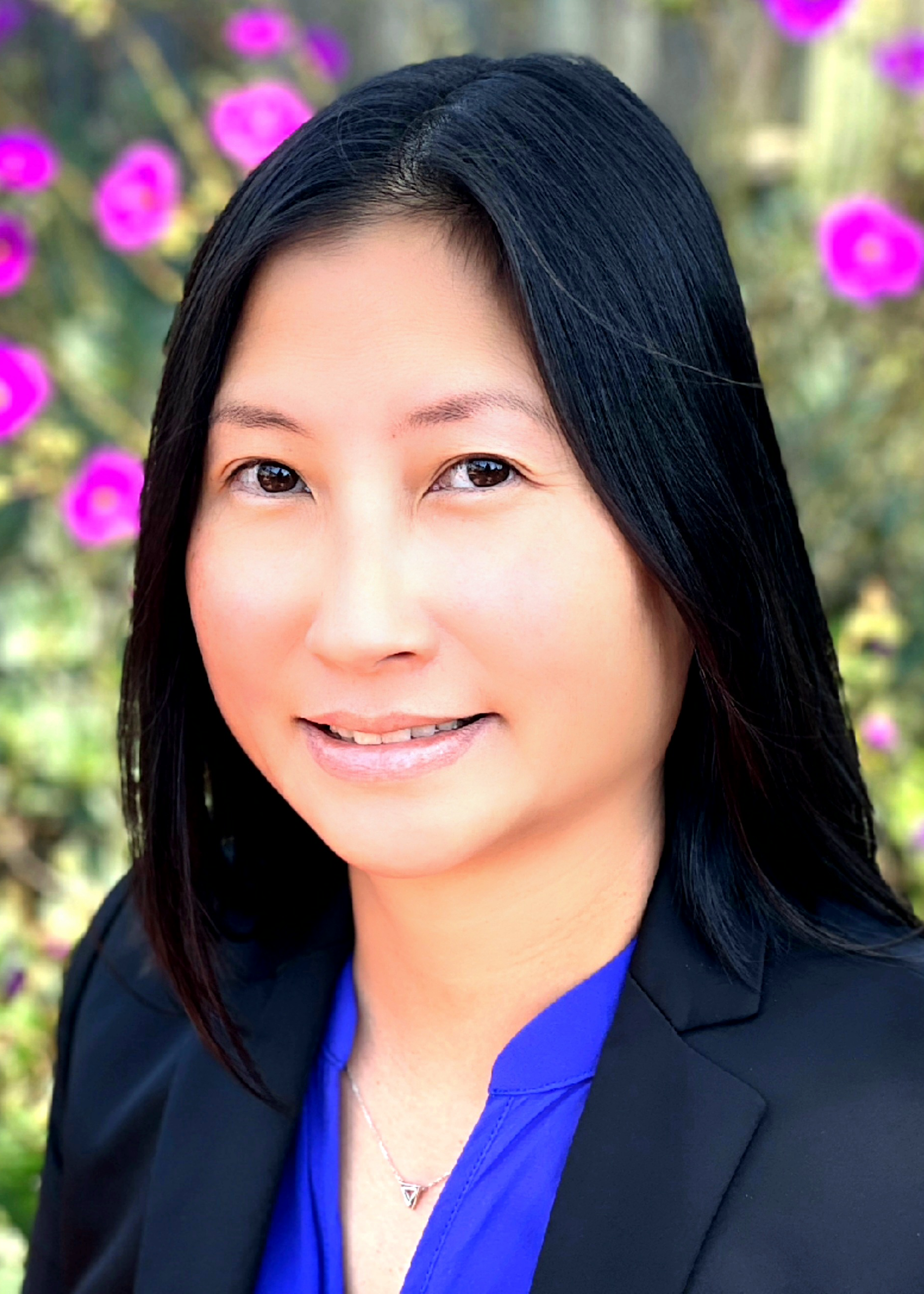 |
Austin Yang, PsyDAustin Yang, PsyD, is a licensed clinical psychologist and health sciences associate clinical professor in the UCSF Department of Psychiatry and Behavioral Sciences. She received her BA in psychology from Emory University and her doctorate in psychology with a child/adolescent concentration from the Chicago School of Professional Psychology. She completed her clinical training through a doctoral internship at the Help Group, a non-profit organization in the Los Angeles area, and a postdoctoral fellowship at the Fetal Alcohol Syndrome (FAS) Clinic at the Marcus Autism Center of Children’s Healthcare of Atlanta/Emory University School of Medicine. Prior to joining UCSF, Dr. Yang specialized in the comprehensive psychological evaluation of children and adolescents with complex presenting concerns at Children’s Research Triangle, a community-based not-for-profit organization in Chicago. In 2016, Dr. Yang joined UCSF at Zuckerberg San Francisco General Hospital and Trauma Center, where she is an attending psychologist and has been involved in clinical teaching and supervision as part of the Multicultural Clinical Training Program. In the HALP Clinic, Dr. Yang provides psychological assessment and diagnostic evaluation. |
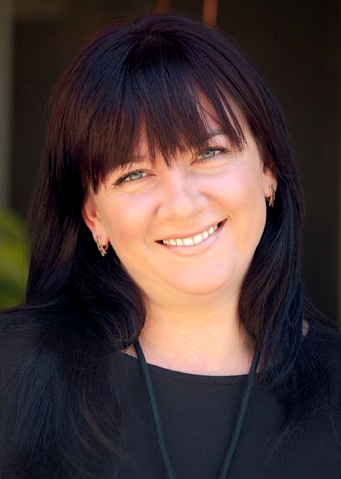 |
Lana StotskayaLana Stotskaya serves as the clinic coordinator and patient navigator in the HALP Clinic. She has worked in healthcare and served as a liaison between patients, doctors, and insurance companies for over 20 years. Health care is challenging, complex, and often extremely difficult to navigate for patients. She finds it extremely rewarding and gratifying to be able to help families get the care that they need by assisting them along the way with insurance issues, scheduling appointments, or even answering non-clinical questions that they may not know the answer to. She is passionate health care professional dedicated to providing comprehensive care and support for patients. |
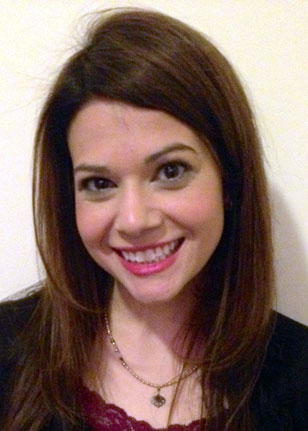 |
Caitlin Costello, MDCaitlin Costello is an attending psychiatrist with the HALP Clinic. She is also the medical director for Child and Adolescent Ambulatory Services at LPPH and the program director for the UCSF Child and Adolescent Psychiatry Fellowship Program. In addition to her work with the HALP Clinic, she is also an attending psychiatrist in the General Evaluation and Short Term Treatment Clinic and the OCD and Tic Disorders Clinic. She completed medical school at the Johns Hopkins University School of Medicine and residency in general psychiatry at Johns Hopkins Hospital. She completed a fellowship in child and adolescent psychiatry at the New York Presbyterian Hospital of Columbia and Cornell Universities and a fellowship in forensic psychiatry at UCSF. She has interests in OCD and tic disorders, medical education and curriculum development, and child and adolescent forensic psychiatry. |
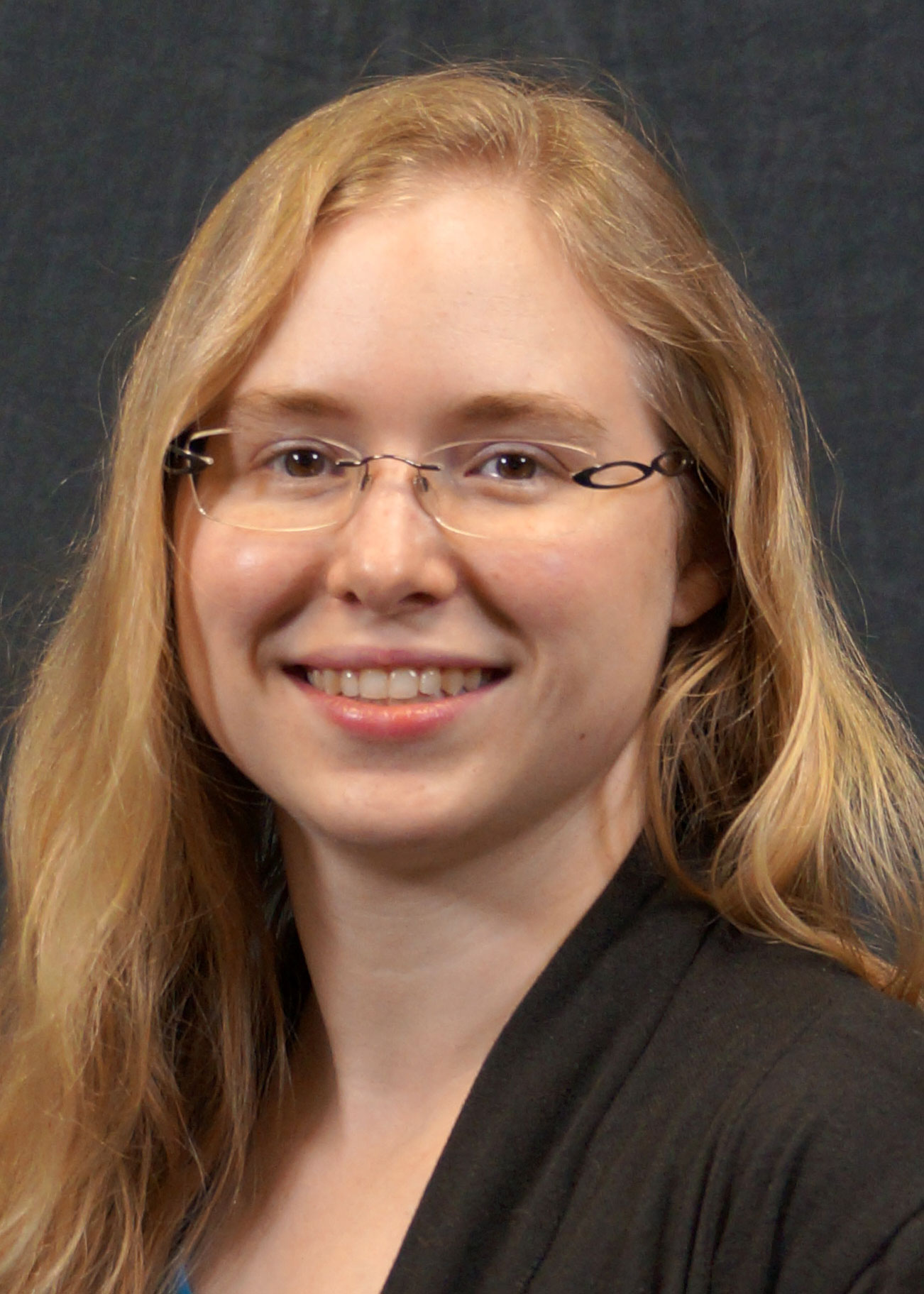 |
Lauren Schumacher, MDLauren Schumacher is an attending psychiatrist in the HALP Clinic and an assistant professor in the Department of Psychiatry and Behavioral Sciences. She is a board-certified psychiatrist who specializes in treatment of children and adolescents. In the HALP Clinic, she has a variety of clinical, teaching, and supervisory roles. She is also an attending psychiatrist at UCSF Benioff Children's Hospital Oakland and for the Fellows Longitudinal Outpatient Clinic at UCSF. Dr. Schumacher completed her undergraduate training at Harvard University, medical school at Northwestern Feinberg School of Medicine, and residency in general psychiatry at Northwestern Memorial Hospital. She completed her fellowship in child and adolescent psychiatry at UCSF. She has published and presented at national conferences and been honored with several awards, including from the American Academy of Child and Adolescent Psychiatry, the Association for Academic Psychiatry, and the Northern California Regional Organization of Child and Adolescent Psychiatry. She is currently working on a chapter on pharmacologic treatment of ADHD for an upcoming book on pediatric psychopharmacology. She has particular interests in ADHD, anxiety, and medical education. |
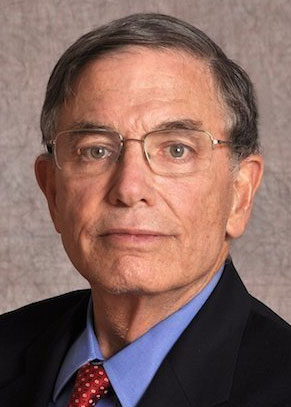 |
Laurence Greenhill, MDLaurence Greenhill is an attending psychiatrist in the HALP Clinic and volunteer clinical professor of psychiatry at UCSF. His clinical expertise is in the diagnosis and treatment of ADHD, depression, and anxiety disorders in children and adolescents. He is board certified in child and adolescent psychiatry and psychiatry. He was previously the Ruane Professor of Clinical Child and Adolescent Psychiatry at the Columbia University Medical Center. He is also past president of the American Academy of Child and Adolescent Psychiatry. Dr. Greenhill has been in private practice for over 40 years. Before joining UCSF, Dr. Greenhill engaged in research on the safety and efficacy of medications to ameliorate psychiatric symptoms in youth, with specific projects in determining the long-term benefits and safety of medication treatments on preschool children with attention-deficit/hyperactivity disorder (ADHD), and conducted research trials on the efficacy of different types of treatment to reduce suicidal behaviors in depressed adolescents. |
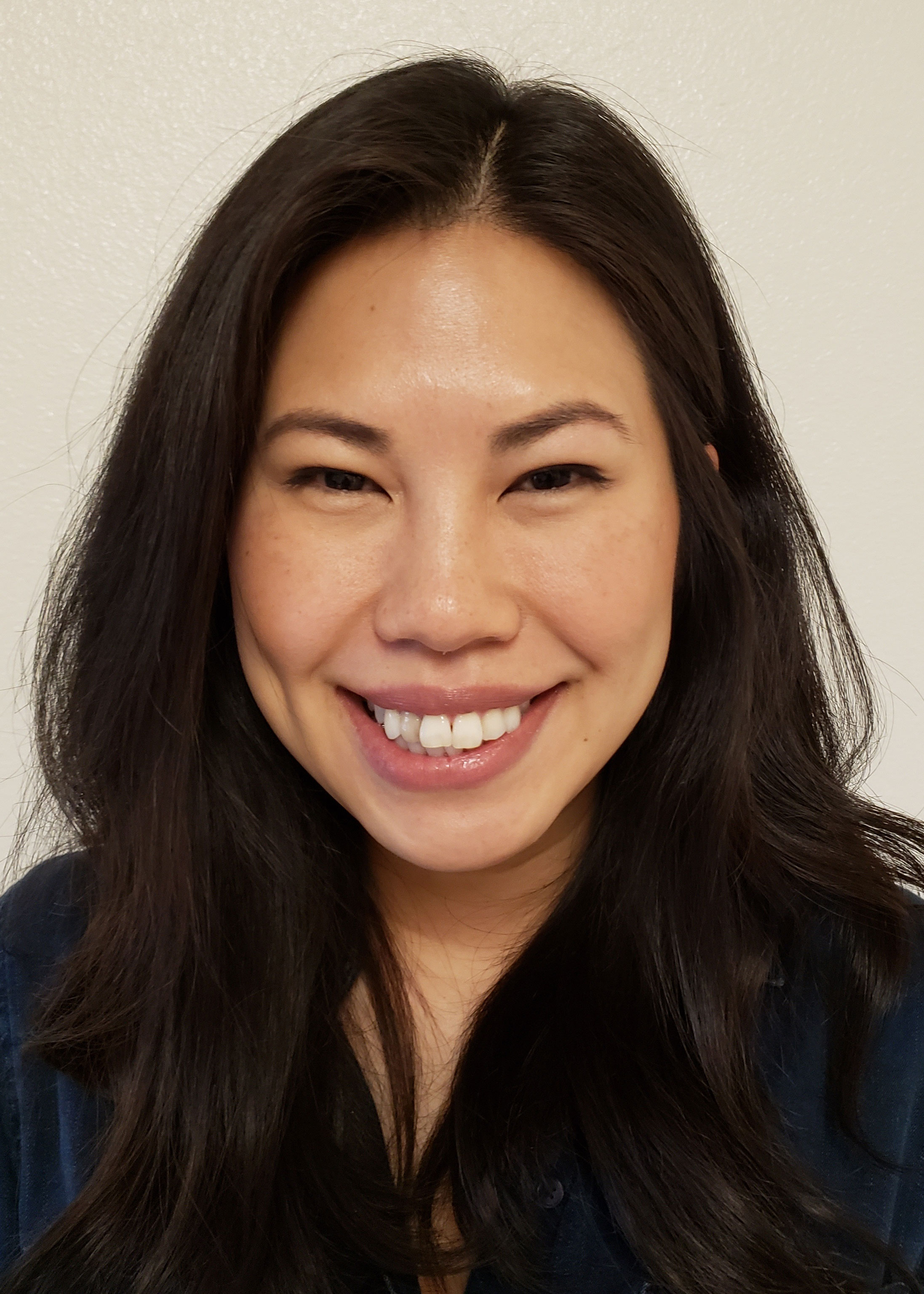 |
Sara Chung, PhDSara Chung is a postdoctoral scholar of the NIMH-funded T32 Clifford Attkisson Clinical Services Research Training Program under the mentorship of Dr. Linda Pfiffner. Dr. Chung received her BA in psychology from UC Berkeley, her MA in clinical psychology at Columbia University's Teachers College, and her PhD in clinical science at UC Berkeley. She completed her predoctoral internship at UCSF specializing in evaluations and evidence-based treatments for children and youth with attention and behavior problems. Dr. Chung serves as a member of the UCSF DPBS Diversity Committee. |
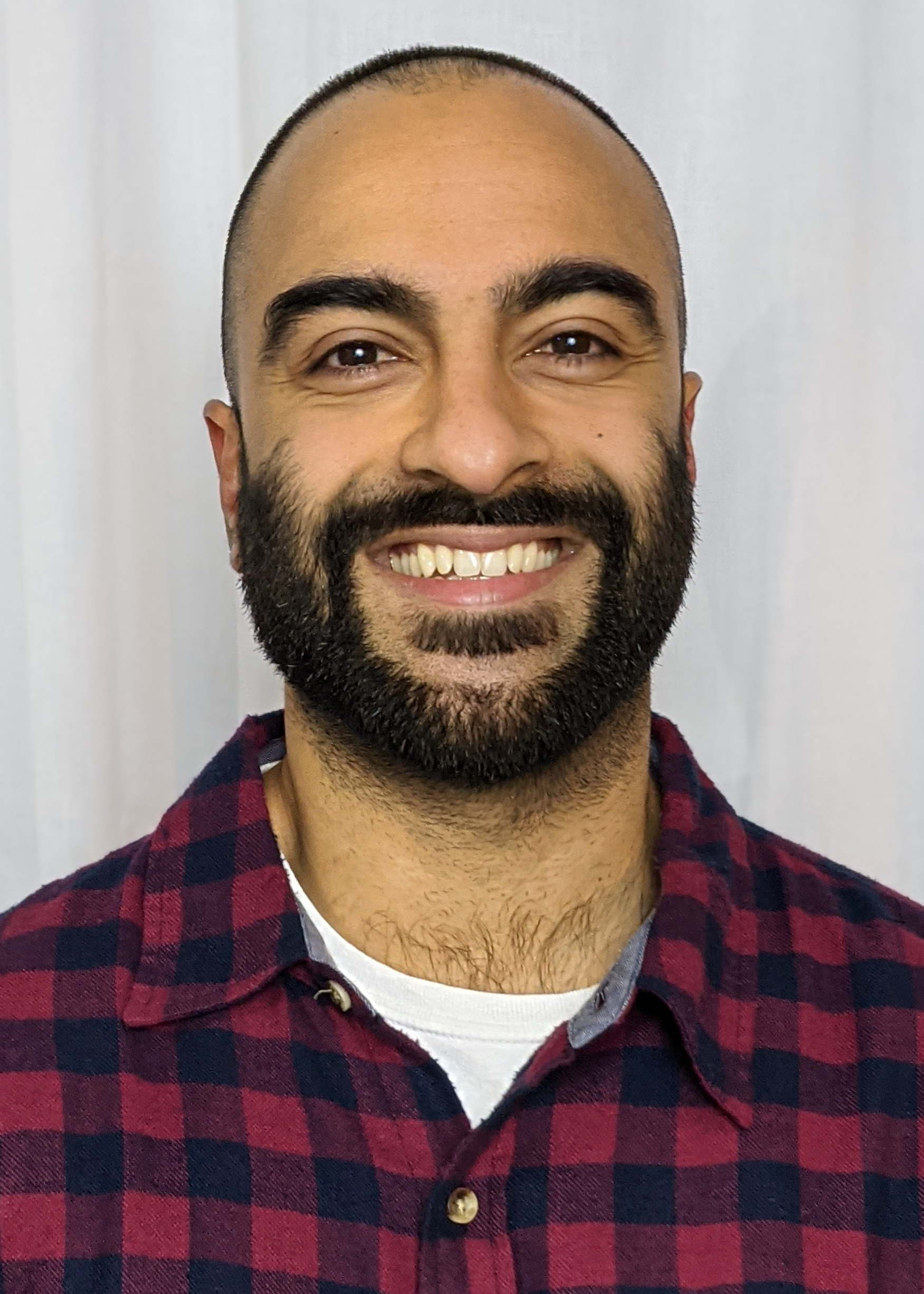 |
Pevitr S. Bansal, PhDPev Bansal, PhD, is a postdoctoral clinical psychology fellow. He received his BA in psychology from Penn State Abington and his MS in counseling and clinical health psychology from the Philadelphia College of Osteopathic Medicine. He completed his PhD in clinical psychology at the University of Kentucky under the mentorship of Dr. Michelle Martel. Pev’s line of research focuses on the etiology and treatment of conduct problems (CP; e.g., defiance, aggression) with a particular interest in the role of affect (e.g., irritability, callous-unemotional traits). His work examines how these affective traits – particularly callousness – relate to the development of CP, while also exploring methods to refine treatments to target the specific mechanisms underlying aggressive behavior. In the HALP clinic, Pev works under the mentorship of Dr. Linda Pfiffner where he works to understand the association between externalizing problems and various treatment components (e.g., daily report cards). He also conducts comprehensive evaluations and group-based treatments for children with ADHD and their families. Pev has also worked with the Wavefront clinic co-leading dialectical behavior therapy groups for young adults and teens with emotional disorders. |
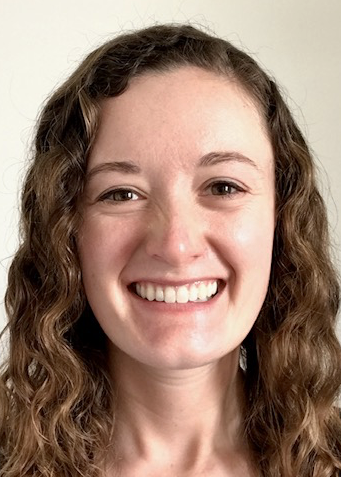 |
Laura Henry, MALaura Henry is a UCSF predoctoral clinical psychology fellow in the HALP clinic under the mentorship of Dr. Linda Pfiffner and is concurrently completing her doctoral degree in clinical science at UC Berkeley under the mentorship of Dr. Stephen Hinshaw. Before attending UC Berkeley, she received her B.S. from Northwestern University in psychology and communication sciences and disorders and then completed a post-baccalaureate research fellowship at the National Institute of Mental Health. Laura’s research focuses on the development and treatment of attention and learning difficulties among children with neurodevelopmental disorders such as ADHD and how such difficulties might be linked to emotional well-being and daily life functioning. Her doctoral research has been supported by a National Science Foundation Graduate Research Fellowship. In the HALP clinic, she conducts evidence-based assessments and interventions for children with suspected or diagnosed ADHD and their families. |
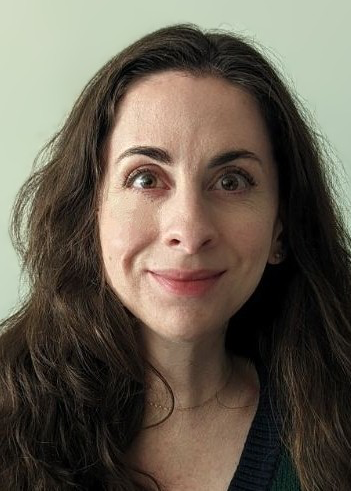 |
Amanda N. Nili, MSAmanda Nili is a predoctoral clinical psychology fellow in the HALP clinic, where she is mentored by Dr. Linda Pfiffner in the assessment and treatment of school-aged children with ADHD and related behavioral disorders. She received dual BAs in english and psychology and social behavior with a minor in linguistics from UC Irvine. She received an MS in clinical psychology from Northwestern University Feinberg School of Medicine, where she is enrolled as a doctoral student under the mentorship of Dr. Laurie Wakschlag. Amanda’s research examines the developmental expression of emotion and attention dysregulation during early childhood, as well as promising early indicators of risk for attention deficit/hyperactivity disorder (ADHD) and other externalizing disorders. Currently, her research focuses on designing and validating novel measures for capturing risk and tracking developmental trajectories of risk indicators across early childhood. She aims to translate this work toward equitable and pragmatic measures for clinical implementation, and to identify promising targets and timepoints for early intervention. |


